Sub-teams
Solar Desalinator
The solar desalinator sub-team is currently working on a project which involves building and designing a desalinator that is both inexpensive and easy to build with easily accessible and non-toxic materials. Ideally, the desalinator will be able to be implemented in any community, regardless of available resources.
Hydroponics
The hydroponics sub-team designs and builds hydroponics systems, conducting research across various fields, including pH and EC sensor automation, the effects of upward windflow on plants, and Particle Image Velocimetry (PIV) to study the interaction between nutrient particles and plant roots. We collaborate with the Jung Lab, which is affiliated with the BEE department, providing support through equipment and expertise. The team's goal is to develop an affordable and effective hydroponics setup while communicating the benefits of hydroponics to both Cornell and the Ithaca community.
Inclusive Innovation: Human Centered Design
The Inclusive Innovation subteam is part of a larger, worldwide initiative committed to addressing the needs of individuals with disabilities. This initiative unites chemical engineers, biomedical engineers, mechanical engineers, designers, and problem solvers from diverse backgrounds to collaborate on the development of assistive and accessible technology solutions. As a member of this project subteam, you will actively participate in designing and constructing inclusive and sustainable technologies, harnessing the power of innovative design and creativity to empower individuals with disabilities.
Projects
Current
-
Solar Desalinator
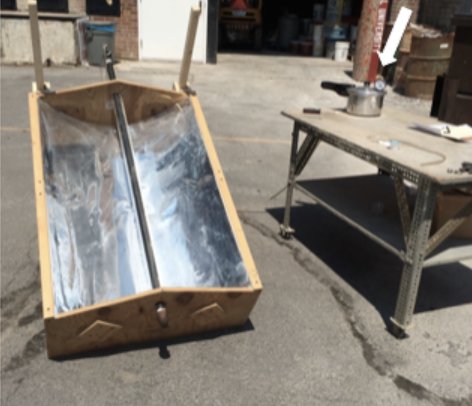
The solar desalinator project involves building and designing a desalinator that is both inexpensive and easy to build with easily accessible and non-toxic materials. Ideally, the desalinator will be able to be implemented in any community, regardless of available resources.
-
Leftover Food Solutions

The software development sub-team is continuing work on a full-stack development project with the end goal of creating a web application that will reduce food waste on campus. Specifically, the team is designing an application that will streamline the distribution of leftover food at catered events on campus. Currently, the team is working on user interface design and integrating the frontend and backend components of the application.
-
Hydroponics
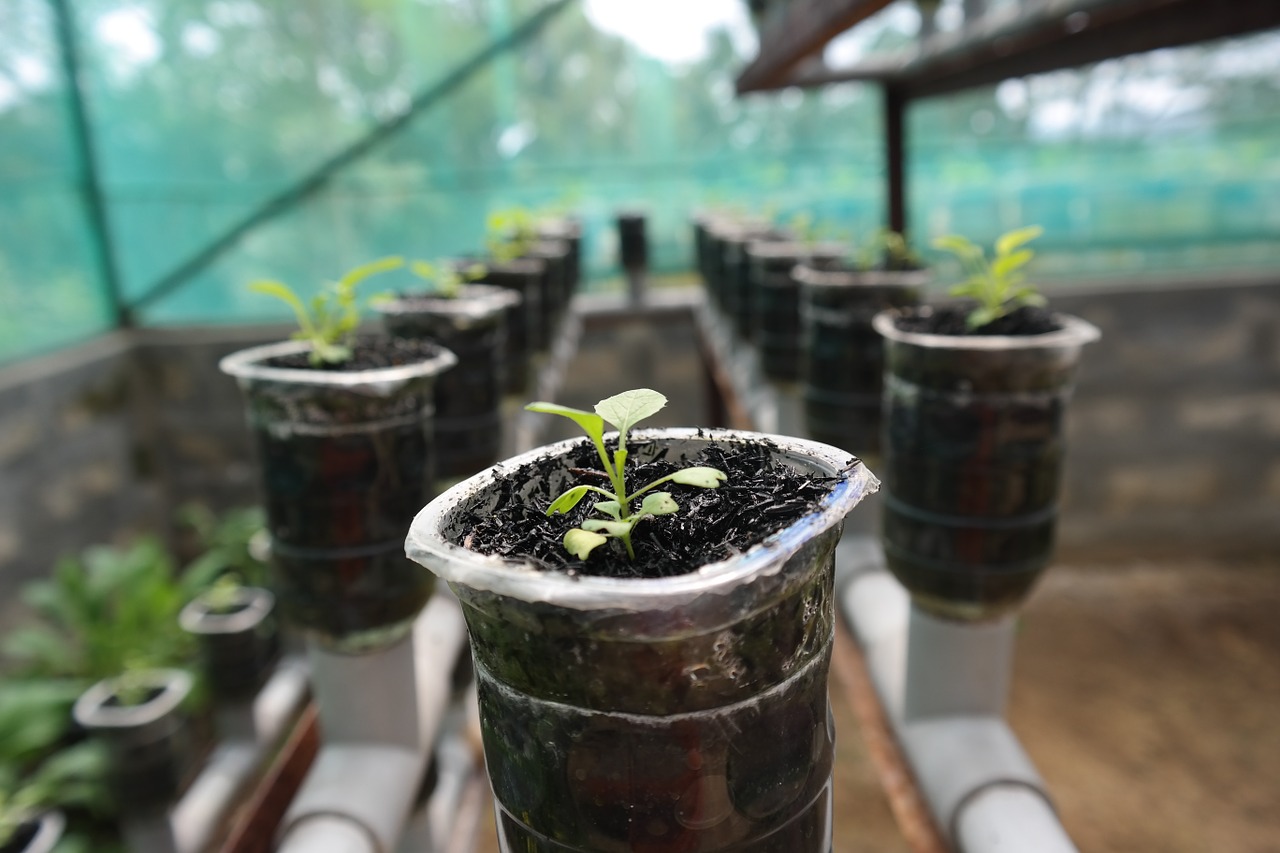
The hydroponics project will be a multi-semester design and build project in order to create an efficient and robust outdoor hydroponics system to grow plants without soil and utilizing a solar component to offset energy use. The hydroponics team has also collaborated with faculty in CEE to test out new, innovative growing techniques in hydroponics. The team hopes to build an affordable and effective hydroponics setup, and communicate the benefits of hydroponics to Cornell and the Ithaca community.
Completed
-
Solar Oven

The solar oven team worked to reconstruct and improve upon a solar oven made by ESW in the early 2010's in the Bovay Lab, as the current solar oven was outdated and inefficient. Improving it would have allowed for more effective solar testing and sealing for ESW teams. The team also worked to improve ESW's solar simulator- a setup of lights that can mimic incoming solar energy. Additionally, the team collaborated with faculty in CBE to research how broken solar panels could be refurbished and recycled.
-
Sustainable Living Outreach

The Sustainable Living Outreach team focused on outreach concerning what individuals can do to live more sustainable lives and make an impact concerning climate change. The team utilized the networks that ESW has developed within the Cornell community to deliver engaging sustainability-related content to a college audience.
-
CO2 Emissions Reduction

The goal of this project is to analyze carbon dioxide emission trends across Ithaca and propose technological changes that could lower the emissions. We will start with a data set for a group of Ithaca houses given to us by the Sustainability Coordinator of Ithaca. From there, we will determine what factors are causing the most CO2 emissions before proposing our changes. After deciding on necessary changes, we will assist in designing any technology to help implement the changes. If the changes are successful on the small scale, we will work to incorporate them into more Ithaca households.
-
Hydroturbine

The hydroturbine subteam is working to create a pico hydro system that will be used to power lighting along a trail in Cascadilla Creek gorge. This system is a run-of-the-river style design, meaning that it doesn't require a dam or significantly modifies the flow of the creek. The team spent Fall 2018 working on establishing the basics of this project, such as where in the creek the system should be located, and how the electricity would be generated. Spring 2019 was spent securing permissions from the appropriate authorities, designing the system, and building a quarter-scale model. We hope to have the system built and installed in the creek by the end of next spring, with the immediate goal of solving electricity distribution problems and creating a materials list for the full-scale system.
-
Build Day
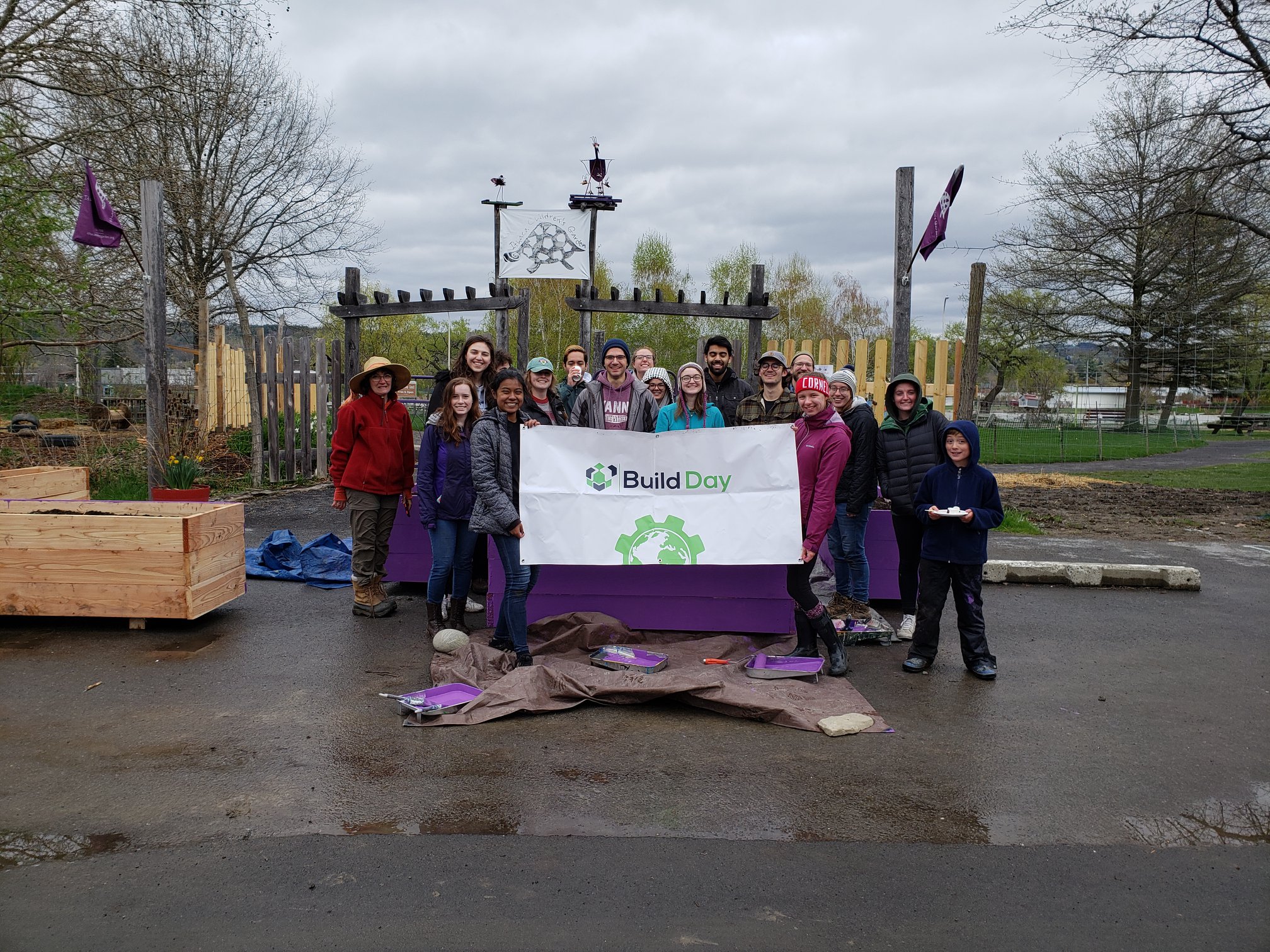
This year, ESW-HQ piloted their Build Day program, which focuses on ESW chapters partnering with local organizations to bring the community together for a one-day build. As a part of the pilot program this year, the ESW-Cornell Build Day Team worked with Ithaca Children's Garden to host the first ever ESW Build Day in Ithaca on April 27th! The Build Day primarily consisted of building ten planters for the garden. Five of these planters, brightly painted purple, now reside at the main entrance of Ithaca Children's Garden to welcome visitors into the garden. The other five planters, brightly painted orange, now reside between the Teen Urban Farmers Farm Stand Patio and the parking lot. During the Build Day, there were also engineering demonstrations by other ESW-Cornell sub- teams to encourage the community to learn more about renewable energy. The overarching goal with our Build Day was to bring the Ithaca community together with a one-day build to promote community sustainability. The goal was achieved, since planning Build Day over the last year has allowed our team to learn how to work with a community partner effectively and implement an engineering design.
-
ESWind

This project was a proof of concept for a small-scale vertical-axis wind turbine. After years of design iterations, the electrical circuitry was completed and can charge a battery. The design of the turbine was altered to maximize surface area perpendicular to the wind, and with this improvement, the turbine was able to spin in moderate to heavy wind conditions. Eventually the turbine will find a home on a rooftop on campus, where it will ideally act as a charging station.
-
Portable Solar-
Powered Desalinator
We are working on a solar-powered device that will utilize a low wattage coil that we may create ourselves to heat the saltwater or contaminated water to near boiling temperatures. Over a few days, fresh water will evaporate and condensate onto the high surface area cone and drip into a freshwater reservoir around the edge which will feed into a clean water container for consumption.
-
Solar-Powered Backpack

The Solar-Powered Backpack team is trying to confront the problem of power supply in the ever-growing number of natural disasters that take place each year in a sustainable way. Through integrating battery storage, solar power, and circuitry, the team is creating a durable product that can be used to power cellphones, flashlights, radios, and more during a disaster. We are also looking at how we can integrate additional features like GPS tracking, flotation devices, and water filtration into the pack.
-
Solar Kiosk
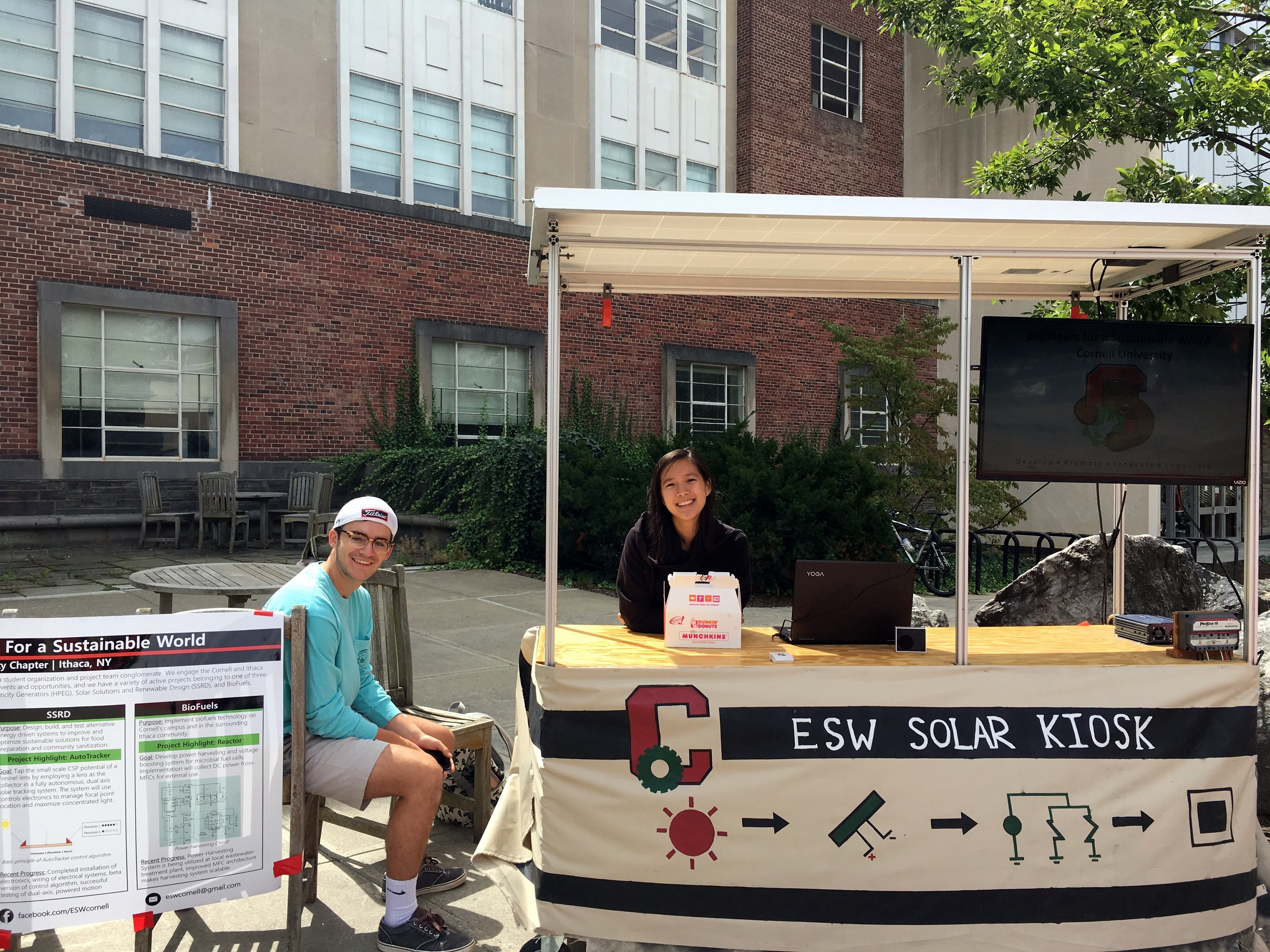
Paper production has the third highest energy usage and is the fourth largest greenhouse gas emitter among all manufacturing industries in the U.S. In North America alone, upwards of 500 pounds of paper per capita are consumed, of which approximately 26 million tons end up in landfills per year.
Cornell University is contributing to this unsustainable practice of paper waste and production. The vast majority of clubs advertise for their upcoming events by passing out quartercards, which are slips of paper with event information. Some of these quartercards are recycled, but the majority is immediately discarded to landfill waste. Our goal is to design and build a solar powered kiosk with a TV monitor and electrical outlets that clubs can use as an alternative way of advertising. The solar panels will prevent the usage of unsustainable energy sources to run the kiosk. The kiosk will also provide an environmentally friendly way for students to charge their portable electronics.
-
Food Processing
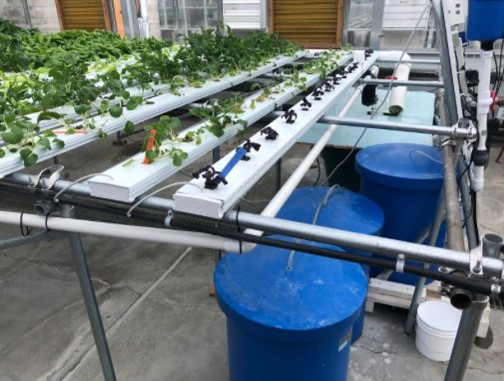
Food Processing sub-team will partner with a local food processing, packaging, or distributing company to work on making their systems more sustainable and energy efficient.
-
Solar Generator

The purpose of this project is to connect a mylar solar panel made in the previous semesters to a generator for battery storage. We will work on making the panel and generator water resistant so that the device can be left outside even in unfavorable weather conditions.
Our objective is to design and build a working solar powered generator that will store energy for various practical uses. We plan to split the tasks between two subteams: Solar and Generator. The Solar team will refer back to past semesters’ designs of the solar panels and optimize the backing and sealing components to maximize the current and voltage output of the cells. The Generator team will construct a device that will receive the current from the solar cells allowing the battery to store power.
-
Blueprint to Building

B2B is a new addition to ESW. Our focus is on sustainable living. Some of our accomplishments so far include carrying out an Energy Audit that investigated possible energy sources for the future and creating an energy education curriculum with posters addressing ways residents can increase their sustainability. We also partner with Seconds Winds, a not-for-profit organization.
-
Ithaca CarShare Project
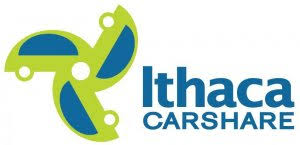
This project supports Ithaca Carshare which is a local non-profit organization that reduces the amount of emissions produced by cards by promoting carsharing. By creating a mobile application for Ithaca Carshare, the organization may have more users in the program and allows for more efficient use of the cars during booking. The community benefits from increased access to transportation while saving the earth environmentally and saving money economically. The main deliverable will be a reminder app for users of the Ithaca Carshare community to know details about their current booking of a car (ex. start and end time of booking, cost of booking). This reminder will take place via email as well as in phone notifications.
-
Compost-Sourced Heat

ESW's Compost-Sourced Heat team aims to find the most effective way to extract heat energy from Cornell University's food waste. The team will start with research and small-scale testing to determine the optimal system. Then, the Compost-Sourced Heat team plans to construct a large composting structure that will utilize food waste to produce significant amounts of heat energy for Cornell's Campus.
-
Osprey Wind Turbine
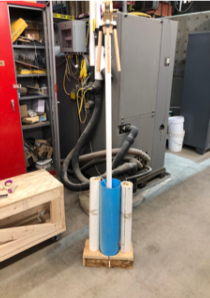
The goal of this project is to develop a prototype of a new design of wind turbine that can fold in on itself and store itself inside an underground compartment. This kind of dynamic wind turbine could be used in places where they don't want the wind turbines exposed all the time, like only operating the wind turbines at night time. At the time the semester ended, our model had some functional motion mechanisms. None of the motion mechanisms have been motorized as of yet.
-
Water Quality Outreach
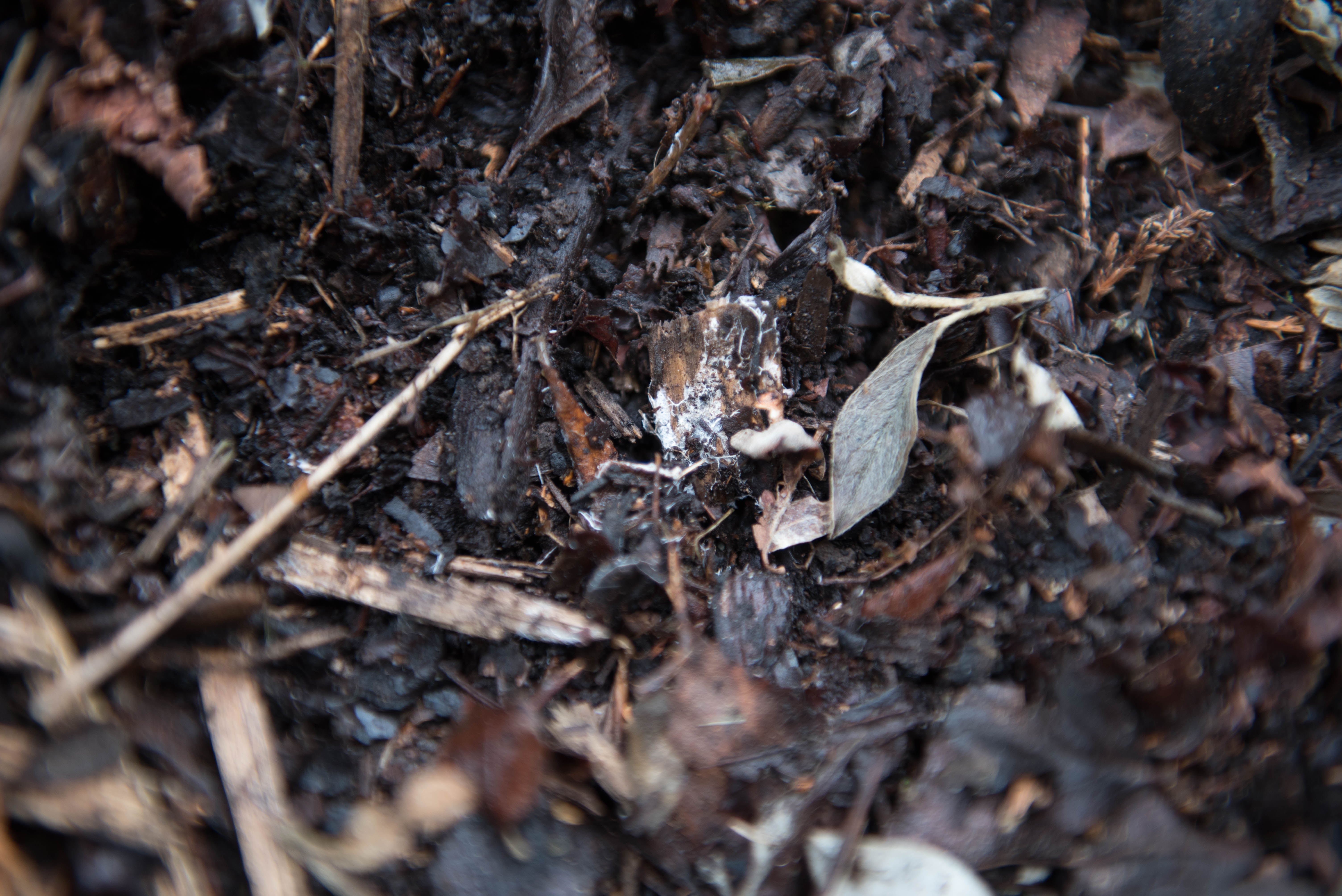
The water quality outreach project involves researching waste separation processes, with a focus on waste-composting toilets and water quality in the Ithaca area. Toilets account for nearly a quarter of domestic wastewater, so improving the sustainability of this waste stream would have major impacts. Through outreach with the local community, the team aims to see where such technologies may be feasible, and conduct research to advance their usage.
-
Food Waste on Campus
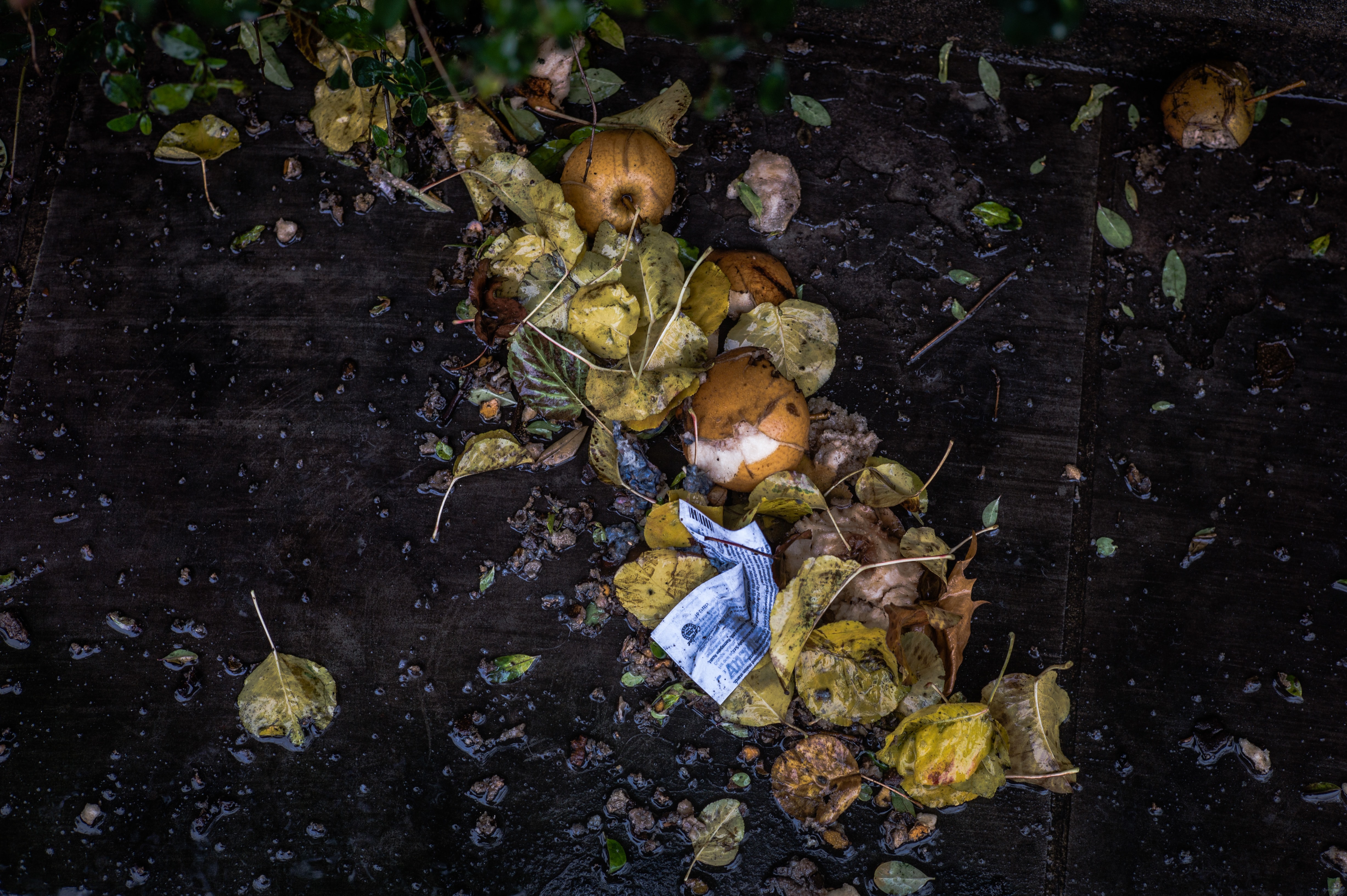
The food waste project involves working to visualize the extent of food waste on campus in Cornell dining halls. The team is working to build a data-driven website to visualize the data collected, using HTML, JavaScript, Java, SVG, and other languages and platforms to bring awareness to the issue and hopefully spur improvement.
Team Expectations
Members are expected to attend the weekly general-body meetings Wednesdays 6 - 7PM and weekly sub-team meetings.